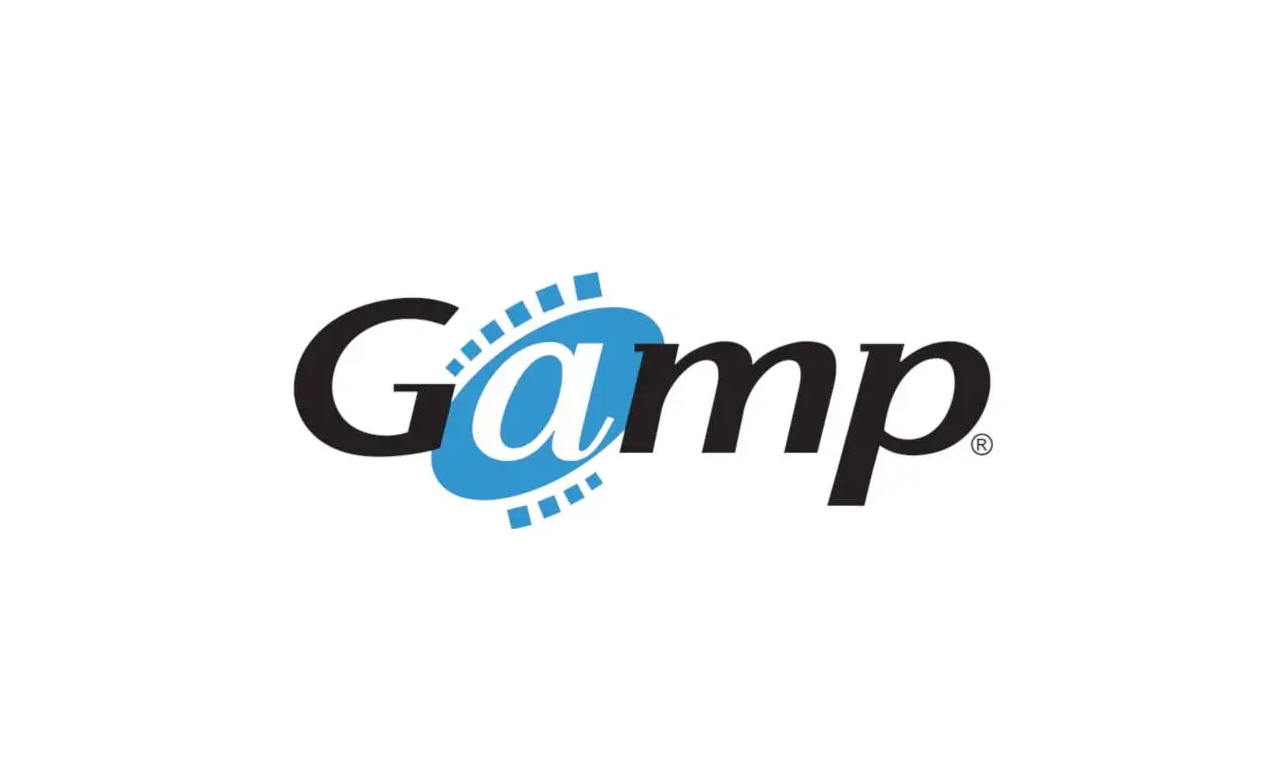Overcoming Challenges in Offshore Audits for Life-Science Companies
In the life-sciences industry, offshore audits present unique challenges that can significantly impact regulatory compliance and operational efficiency. These challenges often stem from the complexities of international regulations, logistics, and communication. In this blog post, we'll delve into the ten major pain points life-science companies face during offshore audits and how to navigate them effectively.
1. Regulatory Compliance Complexity
One of the most daunting aspects of conducting offshore audits for life-science companies is navigating diverse regulatory requirements. Different countries have distinct regulations, making it challenging to ensure all local and international standards, such as GMP (Good Manufacturing Practice) or FDA requirements, are met.
This complexity requires companies to have a deep understanding of both their industry's global standards and the specific regulations of each country where they operate. Regulatory bodies frequently update guidelines, and companies must be agile enough to incorporate these changes promptly.
The impact of failing to comply with regulatory requirements can be severe, including fines, product recalls, or even suspension of operations. This affects both the financial health and reputation of the company. Continuous monitoring and improving processes are crucial for maintaining compliance across diverse regulatory landscapes.
- Diverse Regulatory Requirements
- Keeping Up with Changes
- Impact on Operations
Take Your Pharma Business to the Next Level
Download our Pharma Operation Report 2024 for free to achieve Operational Excellence.
Free Download
2. Logistical Challenges
Logistical challenges can significantly hinder the efficiency of offshore audits. Coordinating travel for auditors and scheduling audits across various time zones can be a logistical nightmare. This includes securing visas, dealing with long travel times, and arranging local transportation.
Ensuring that auditors have appropriate access to facilities, documents, and personnel when they arrive is another logistical hurdle. Logistical coordination requires meticulous planning and contingency arrangements to avoid delays and ensure smooth execution.
Having a reliable local team to assist auditors can significantly ease logistical challenges. This team can help navigate local complexities, arrange necessary accommodations, and ensure that all required documents and personnel are available when needed. Building strong local partnerships is crucial for the success of offshore audits.
- Travel and Scheduling Coordination
- Access to Facilities
- Local Support
3. Cultural and Language Barriers
Cultural and language barriers can significantly affect the outcome of offshore audits. Language differences can lead to misunderstandings or misinterpretations of audit findings, expectations, or requirements. Miscommunication can result in incomplete or inaccurate data being reported, affecting the audit’s overall accuracy.
Different business practices and cultural norms can affect how audits are conducted and perceived, potentially leading to conflicts or inefficiencies. For example, cultural preferences regarding hierarchy, punctuality, and negotiation can influence the audit process.
Providing cultural and language training for auditors can help mitigate these barriers. Employing local interpreters or consultants familiar with the culture can bridge gaps and enhance the audit process. Building a culturally aware auditing team fosters better relationships and more successful audits.
- Language Differences
- Cultural Norms and Business Practices
- Training and Adaptation
4. Data and Documentation Availability
Data and documentation availability is crucial during audits. Required documents might not be readily available or may exist in a different language, necessitating translation. Additionally, digital systems may not be compatible or accessible offshore, leading to delays in information retrieval and additional costs for translation and system integration.
Ensuring data integrity—accurate, complete, and tamper-proof data—is crucial. There might be concerns about the integrity of data when it has to be transmitted or accessed remotely, compromising the audit’s credibility and leading to incorrect conclusions.
Deploying standardized digital platforms and secure data-sharing tools can mitigate these issues. Ensuring compatibility and accessibility of electronic systems across locations enhances data availability and integrity. Investing in robust IT infrastructure and cybersecurity measures is essential for protecting sensitive information.
- Document Accessibility and Translation
- Data Integrity Concerns
- Technological Solutions
5. Time Zone Differences
Time zone differences present significant coordination challenges for offshore audits. Managing communication and coordination across different time zones can lead to delays in the audit process. This can be especially problematic when immediate responses or real-time collaboration is needed.
Time zone differences can stretch the duration of the audit, making it more time-consuming and potentially less efficient. The need for asynchronous communication often results in longer wait times and slower progress on audit tasks.
Careful planning and use of digital communication tools can help mitigate the impact of time zone differences. Establishing clear communication protocols, setting realistic timelines, and using collaborative software can streamline coordination and enhance efficiency despite time zone challenges.
- Coordination Issues
- Extended Audit Duration
- Effective Planning
6. Costs
Offshore audits typically involve higher costs, including travel, accommodation, and potentially higher fees for auditors willing to travel internationally. These expenses can significantly impact the audit budget and overall financial planning.
Allocating internal resources to support the audit, such as local staff time and attention, can strain operations, particularly in smaller facilities. This diversion of resources to support the audit can affect day-to-day operations and productivity.
Implementing cost-effective strategies, such as remote audits or using local audit firms, can help manage these expenses. Exploring hybrid audit models that combine on-site and remote elements can also reduce costs while maintaining audit quality. Effective budgeting and financial planning are crucial for managing the increased costs of offshore audits.
- Increased Expenses
- Resource Allocation Strain
- Cost Management Strategies
7. IT and Security Concerns
Data security is a top concern when conducting offshore audits. Transmitting sensitive data across borders or accessing it remotely during audits raises concerns about data security and compliance with privacy laws. Ensuring that data remains confidential and protected from unauthorized access is paramount for maintaining trust and compliance.
Differences in IT infrastructure can complicate the sharing of electronic records and reports, especially if secure, real-time access is required. Incompatibility issues can lead to delays in data transfer and hinder effective collaboration between audit teams.
Implementing robust cybersecurity measures and secure data-sharing platforms can address these concerns. Regularly updating and auditing IT systems to ensure compatibility and security compliance can prevent potential breaches and data loss. Investing in advanced encryption technologies and secure communication channels is essential for protecting sensitive information.
- Data Security Concerns
- System Compatibility Issues
- Security Measures
8. Audit Scope and Focus
Defining and maintaining a clear scope for the audit can be difficult, particularly when the offshore facility has different operational practices or additional layers of complexity. Scope creep can lead to additional time and resources being spent on areas that were not initially planned for, reducing overall efficiency.
Ensuring that auditors spend adequate time on the most critical areas of compliance without being distracted by minor issues that are more visible but less important is essential. Misallocation of focus can lead to important issues being overlooked.
Clear communication and agreement on the audit scope before starting can help mitigate these issues. Regularly revisiting and adjusting the scope during the audit ensures that critical areas receive the attention they need. Effective planning and prioritization are key to maintaining focus and avoiding scope creep.
- Scope Creep Issues
- Focus on Critical Areas
- Scope Definition and Agreement
9. Risk of Non-Compliance
Offshore facilities might have practices that don’t align fully with the company's home country standards or expectations, increasing the risk of findings that require corrective action. Identifying and resolving non-conformities is crucial for maintaining regulatory compliance and operational integrity.
Non-compliance discovered during an offshore audit can lead to regulatory action, product recalls, or damage to the company’s reputation, which might be more difficult to manage remotely. Maintaining a strong reputation requires adherence to high standards and prompt resolution of any compliance issues.
Conducting regular internal audits and compliance training can help identify and resolve potential non-conformities before they become major issues. Developing a culture of continuous improvement and compliance within the organization ensures that standards are consistently met, reducing the risk of non-compliance.
- Potential Non-Conformities
- Reputational Risk
- Proactive Compliance Measures
10. Post-Audit Follow-Up
Implementing corrective actions from offshore audits can be difficult to monitor and verify from a distance, especially with changes to processes, retraining, or infrastructure improvements. Ensuring that corrective actions are effectively implemented and sustained requires continuous monitoring and support.
Ensuring that the offshore facility continuously improves its processes and remains compliant between audits can require more frequent monitoring and communication, which can be resource-intensive. Establishing regular check-ins and follow-up audits can help maintain compliance and drive continuous improvement.
Developing a clear post-audit plan with timelines, responsibilities, and monitoring mechanisms is essential for successful follow-up. Leveraging technology for remote monitoring and progress tracking can enhance the effectiveness of follow-up activities. Building strong communication channels with offshore teams ensures that any issues are promptly addressed and resolved.
- Monitoring Corrective Actions
- Continuous Improvement
- Effective Follow-Up Plans
Conclusion
These challenges highlight the importance of thorough planning, effective communication, and strong local partnerships when conducting offshore audits in the life sciences industry. Addressing these pain points with a strategic, well-coordinated approach can help life-science companies maintain compliance and achieve operational excellence.
By understanding and proactively managing the complexities of offshore audits, life-science companies can ensure that their operations meet global regulatory standards, improve their processes, and uphold their reputation for quality and reliability in the market.
Investing in training, technology, and robust audit processes will enable companies to navigate the challenges of offshore audits successfully, ultimately contributing to their long-term success and sustainability.





